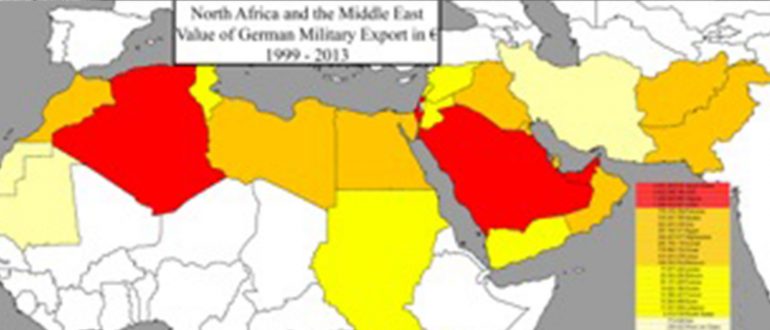US Grand Strategy
George Bush’s “war against terror” led to the military engagements in Iraq and Afghanistan as well as to many other covert or non-covert military operations, especially in Yemen and Pakistan. The Obama administration rather focuses on multilateral nation building efforts. Both administrations, however, worked towards two goals: maintaining American primacy and spreading democracy, that is “making the world over America’s image”, assuming that democracies are per se pro American. But what underlies this strategic approach? And: Are there alternatives that might be a better fit for achieving the declared long-term goals of American foreign policy, namely reducing the terrorism-threat and enforcing nuclear nonproliferation?
US history shows us that such alternative grand strategies exist indeed. Isolation for example, leading to no engagement outside the Western Hemisphere or selective engagement according to which US troops shall be deployed in the key regions of Europe, Northeast Asia or the Persian Gulf, in order to prevent war there. A third alternative is offshore balancing. This strategic approach acknowledges the vitality of these regions for US interests, but avoids troop deployments. Powers that try to dominate these regions shall rather be checked by other local powers – with the support of the US, if necessary by military means coming from offshore.
In his recent article published in the National Interest, Prof. Mearsheimer sheds light on the relatively unknown topic of grand strategy approaches that underlie US foreign policy action. He argues against a grand strategy that strives for global dominance and that implies the spread of democracy. This last stand seems to be backed by the US public that historically gives democracy promotion a low priority. In his view, offshore balancing is the better and by far cheaper alternative, as it allows the US to keep a “lower profile” causing less anger in the Muslim world and appearing less threatening to regimes that might pursue nuclear weapons.
By Leonard Ghione
Leonard Ghione studies international relations at The Fletcher School of Law and Diplomacy.
Bibliography:
Mearsheimer, J. , 2011. Imperial by Design, The National Interest, [online] Available at: http://nationalinterest.org/article/imperial-by-design-4576?page=show [Accessed 1 November 2011]



